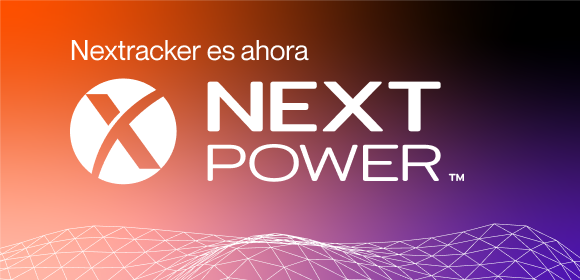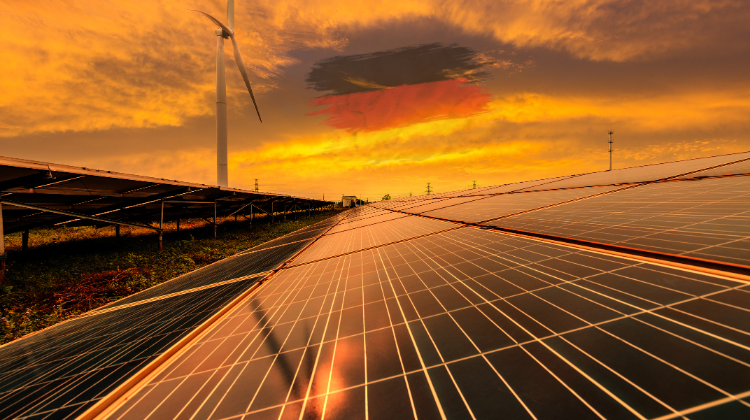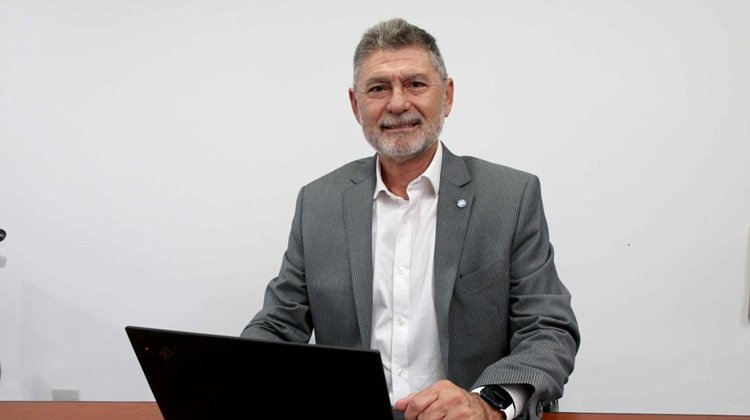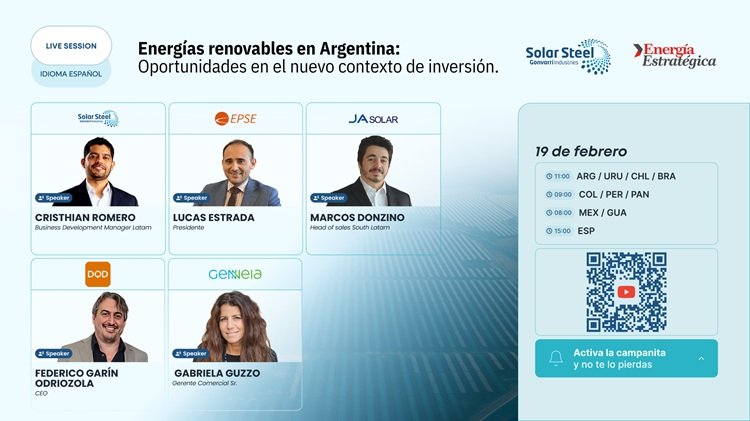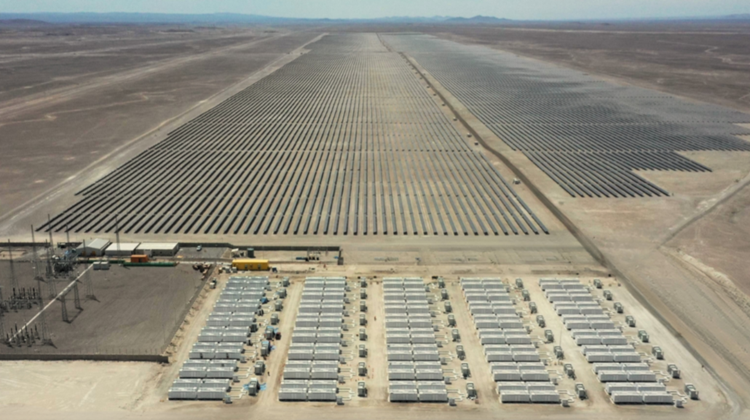Germany’s Federal Network Agency (Bundesnetzagentur) has launched a new public tender for the first segment of solar PV systems, with a total capacity of 2,266,466 kilowatts. The submission deadline for bids is set for 1 July 2025, with a maximum tariff of 6.80 euro cents per kilowatt hour.
This new call forms part of the Solar Package I, legislation recently adopted to accelerate solar energy deployment. However, several of its provisions are still pending formal approval from the European Commission under state aid rules, and can only take effect if such approval is granted by 30 June 2025.
A legal framework in transition
According to Section 101(1) of the 2023 Renewable Energy Sources Act (EEG), the new measures under Solar Package I may only be applied following the EU’s authorisation. Until then, the previous version of the EEG, valid as of 15 May 2024, remains in force.
One element that does not require EU approval is the increase in the bid cap per project to 50 MW. If state aid clearance is not granted in time, the limit remains at 20 MW, following the earlier version of the law.
Likewise, the higher ceiling tariffs for specific solar categories, such as high-altitude agri-PV and peatland PV, can be implemented immediately, based on Section 38b(1) of the EEG.
Award procedure and eligibility
A special auction procedure outlined in Section 37d of the EEG—granting priority quotas to innovative solar projects—is also exempt from EU state aid scrutiny. However, if approval is delayed, the general tender process under Section 32 will apply.
The ceiling tariff for this round is set at €0.068/kWh, as published by the regulator under case reference 2025 AZ. 4.08.01.01/1#39. Any bids exceeding this value will be disqualified.
Participation from farmland and disadvantaged areas
The tender also permits participation in ground-mounted projects on agricultural land, in line with Section 37(4) of the EEG. This is allowed as long as the total installed capacity on such land does not exceed 80 GW three months prior to the deadline. As of 31 March 2025, this figure stood at 10 GW, enabling these projects to qualify.
In addition, cropland and pasture in disadvantaged zones, defined in §37(1)(2)(h–i) of the EEG, are eligible for bidding across all federal states. To date, no state-level restrictions or threshold exceedances have been reported to the Federal Network Agency.
Annual auction distribution strategy
The 1 July tender is one of three auctions planned for 2025, as part of a total 9,900 MW annual quota. This capacity is evenly split across the year’s three rounds, in line with Section 28a(2) of the EEG.
This approach aims to provide predictability and balanced market access, with the agency confirming no reductions to the announced capacity of 2.27 GW.
Technical requirements and guarantees
All offers must be submitted physically to the Bundesnetzagentur’s Bonn office by midnight on 1 July 2025. Bidders must use the official forms and comply with formatting standards outlined in §30a(1) of the EEG.
A financial guarantee is required per bid, and only current-period forms are accepted. Failure to comply with these technicalities will result in exclusion from the tender.
Special regulatory documents also apply to projects located on farmland, areas with perennial crops, parking spaces, and peatlands, in accordance with Order 8175-07-00-21/1 (October 2021) and case ref. 4.08.01.01/1#4 (July 2023).
Refund policy and audit timeline
Any unused cash guarantees, excess fees, or other payments will be reimbursed after the results are announced. Due to internal and external audit procedures, refunds may take up to six weeks to be processed by the Federal Treasury.
Challenges in solar expansion: slow deployment in April 2025
Despite the new regulatory push, Germany’s solar rollout remains behind target. In April 2025, only 838.5 MW of new PV capacity was installed—insufficient to meet the 2030 target of 215 GW. This gap raises concerns about the ability to scale up within the EEG-defined timeframe.
The Bundesnetzagentur attributes the shortfall to weak rooftop demand and delays in permitting for large-scale ground-mounted systems. However, plug-in balcony PV systems (Balkonkraftwerke) are growing in popularity, spurred by simplified rules and consumer enthusiasm for energy autonomy.
These issues were discussed at the Storage, Renewable and EV Forum SEC, organised by Strategic Energy Europe, held on 21–22 May. The event brought together policymakers, tech providers, and executives to tackle the barriers and opportunities facing Europe’s solar sector.










